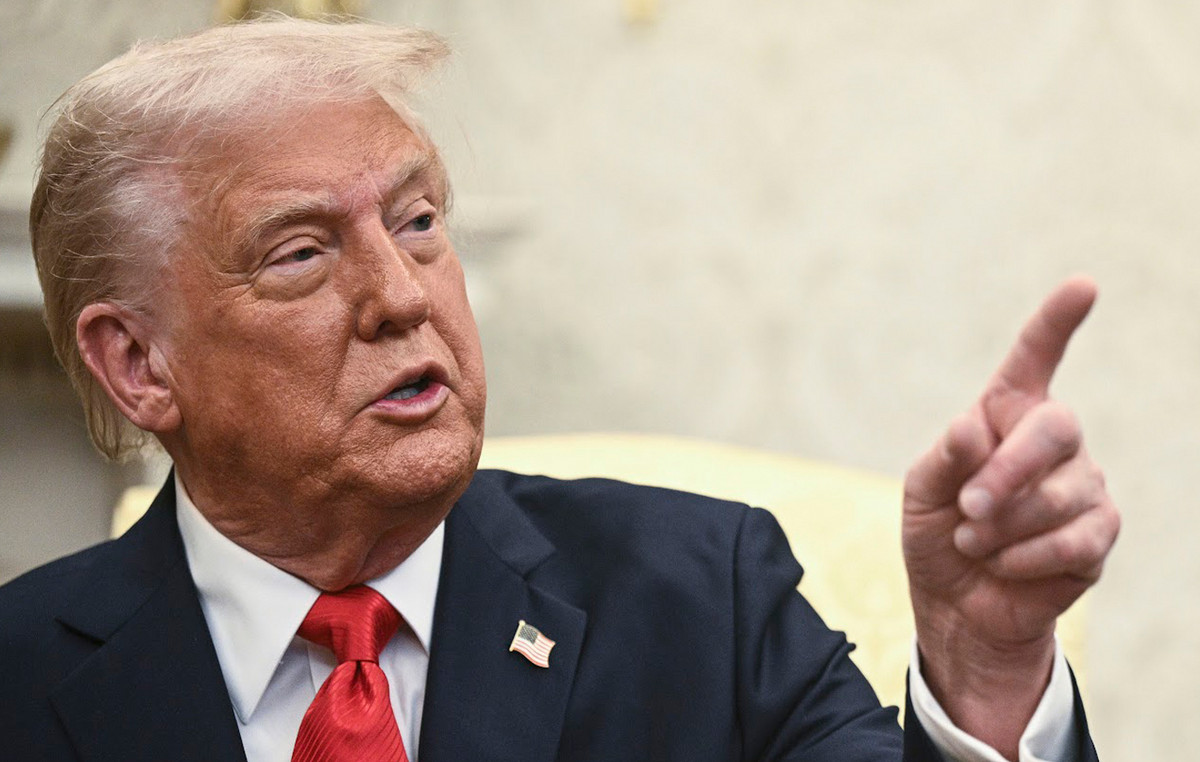The bill that provides for the free supply of cannabidiol-based medicines in the state of Rio de Janeiro was sanctioned by Governor Cláudio Castro (PL) this Wednesday (6). According to the new legislation, patients from the Unified Health System (SUS) will be able to use the National Health Card to use medications.
The sanction comes shortly after unanimous approval of the measure by the Legislative Assembly of Rio de Janeiro (Alerj) and seeks to relieve patients who need this type of medication, which until then was very expensive and difficult to obtain.
According to the text published in the Official State Gazette, the proposal, authored by state deputy Carlos Minc (PSB), is based on the understanding that the supply of these medicines is in accordance with the principles of comprehensiveness, universal and equal access to drug treatments in the country.
How the new policy works
To obtain cannibidiol-based products, patients must follow the standard procedure and use their SUS card. The law also provides that the patient or their guardian must present a medical prescription accompanied by a report informing the pathology.
Furthermore, the report must indicate the other treatments that have been tested and that cannibidiol is the best alternative.
An Informed Consent Form (TCLE) must also be presented, signed in two copies. Furthermore, proof is required that the applicant does not have the financial means to access medication and that maintaining their quality of life depends on the treatment.
Finally, the treatment should be reevaluated every six months, in order to check whether there were benefits or whether there is a need for readjustment. Cannabidiol-based medicines authorized to be sold in pharmacies, upon medical prescription, can be consulted on the website of the National Health Surveillance Agency (Anvisa).
In addition to defining the terms, the law also provides for the possibility of creating work, study and technology groups, in addition to encouraging the production of specialized monographs and other investment programs that guide the actions of the SUS and guarantee the safety of patients undergoing treatment. .
* Under the supervision of Fábio Munhoz
Source: CNN Brasil
I’m James Harper, a highly experienced and accomplished news writer for World Stock Market. I have been writing in the Politics section of the website for over five years, providing readers with up-to-date and insightful information about current events in politics. My work is widely read and respected by many industry professionals as well as laymen.







